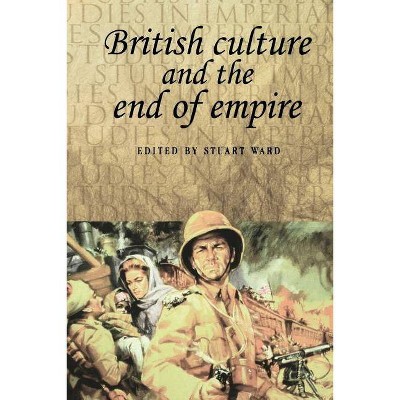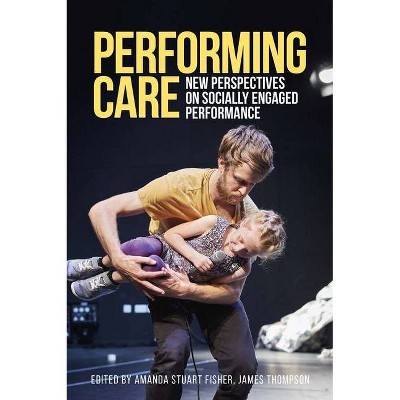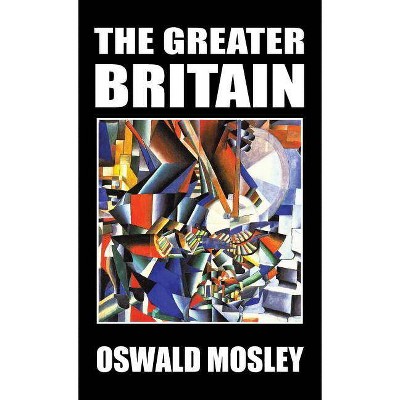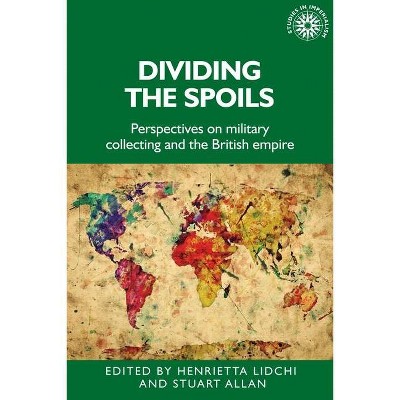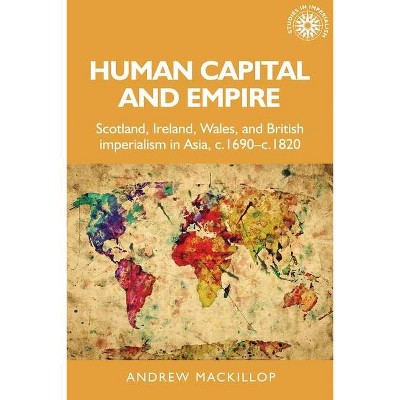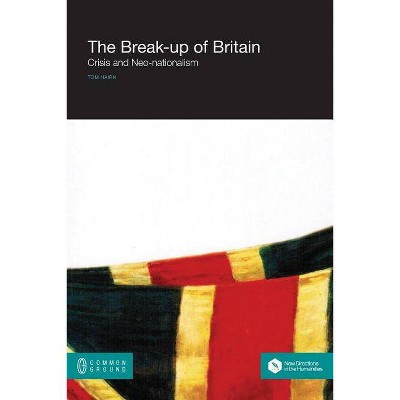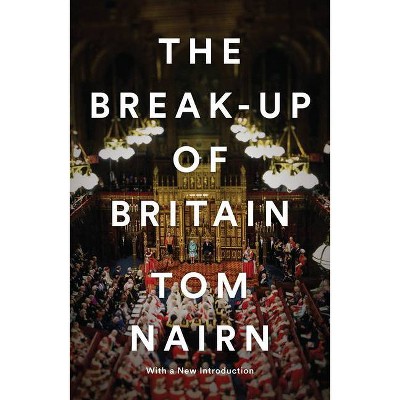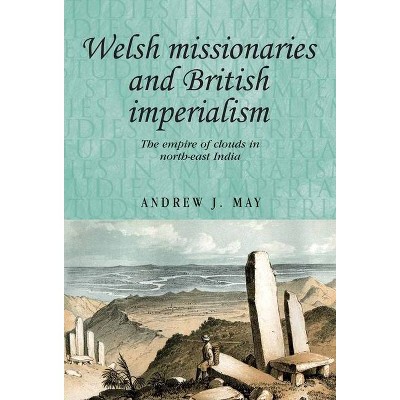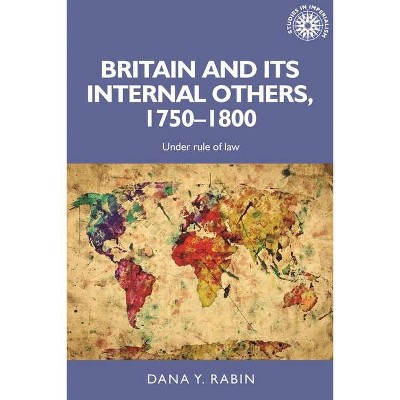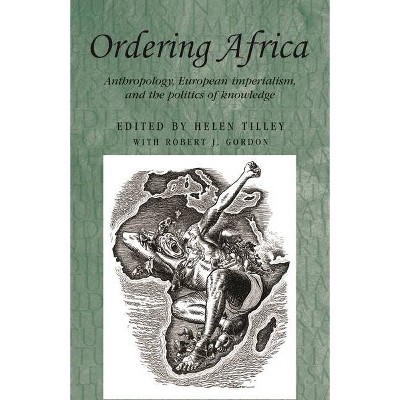The Break-Up of Greater Britain - (Studies in Imperialism) by Stuart Ward & Christian Pedersen & Andrew Thompson (Hardcover)
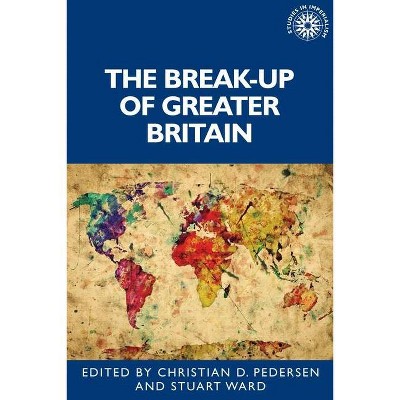
Similar Products
Products of same category from the store
AllProduct info
<p/><br></br><p><b> About the Book </b></p></br></br>Turning the conventional Break-Up of Britain narrative inside-out, this book scans the horizon of overseas projections of British identities that unravelled during the decades of global decolonisation<p/><br></br><p><b> Book Synopsis </b></p></br></br>This is the first major attempt to view the break-up of Britain as a global phenomenon, incorporating peoples and cultures of all races and creeds that became embroiled in the liquidation of the British Empire in the decades after the Second World War. A team of leading historians are assembled here to view a familiar problem through an unfamiliar lens, ranging from India, to China, Southern Africa, Australia, New Zealand, the Falklands, Gibraltar and the United Kingdom itself. At a time when trace-elements of Greater Britain have resurfaced in British politics, animating the febrile polemics of Brexit, these essays offer a sober historical perspective. More than perhaps at any other time since the empire's precipitate demise, it is imperative to gain a fresh purchase on the global challenges to British identities in the twentieth century.<p/><br></br><p><b> From the Back Cover </b></p></br></br>How did the end of empire affect the projection of British identities overseas? British decolonisation is conventionally understood in terms of the liquidation of the colonial empire in the decades after the Second World War. But it also entailed simultaneous transformations to the self-representation of peoples and cultures all over the world variously described as British, symbolised by the eclipse of the idea of 'Greater Britain'. Originally coined by Charles Dilke's 1868 travelogue by the same name, Greater Britain enjoyed widespread currency throughout the late nineteenth and early twentieth centuries before falling into disuse from the 1930s. But Greater British modes of thought, feeling and action persisted into the second half of the twentieth century, becoming embroiled in the global upheavals of imperial decline. Over a remarkably short time span, the ideas, assumptions and networks that had sustained an uneven and imperfectly imagined British world dissolved under the weight of the empire's precipitate fall. Although these patterns and perspectives have been explored across a range of specific local and national contexts, this collection is the first to examine the wider mesh of interlocking British subjectivities that unravelled at empire's end. This book presents a timely opportunity to place the current dilemmas of Britain's future global orientations in the post-Brexit world in a deeper post-1945 historical context. It will find a readership with researchers and students interested in British imperial history and the history of global decolonisation at the end of the Second World War by exploring the ramifications of the end of an empire.<p/><br></br><p><b> About the Author </b></p></br></br>Christian D. Pedersen is Assistant Professor in the Department of History at the University of Southern Denmark Stuart Ward is Professor and Head of the Saxo Institute for History, Archeology, Ethnology and Classics at Copenhagen University
Price History
Cheapest price in the interval: 130 on November 8, 2021
Most expensive price in the interval: 130 on December 20, 2021
Price Archive shows prices from various stores, lets you see history and find the cheapest. There is no actual sale on the website. For all support, inquiry and suggestion messages communication@pricearchive.us
